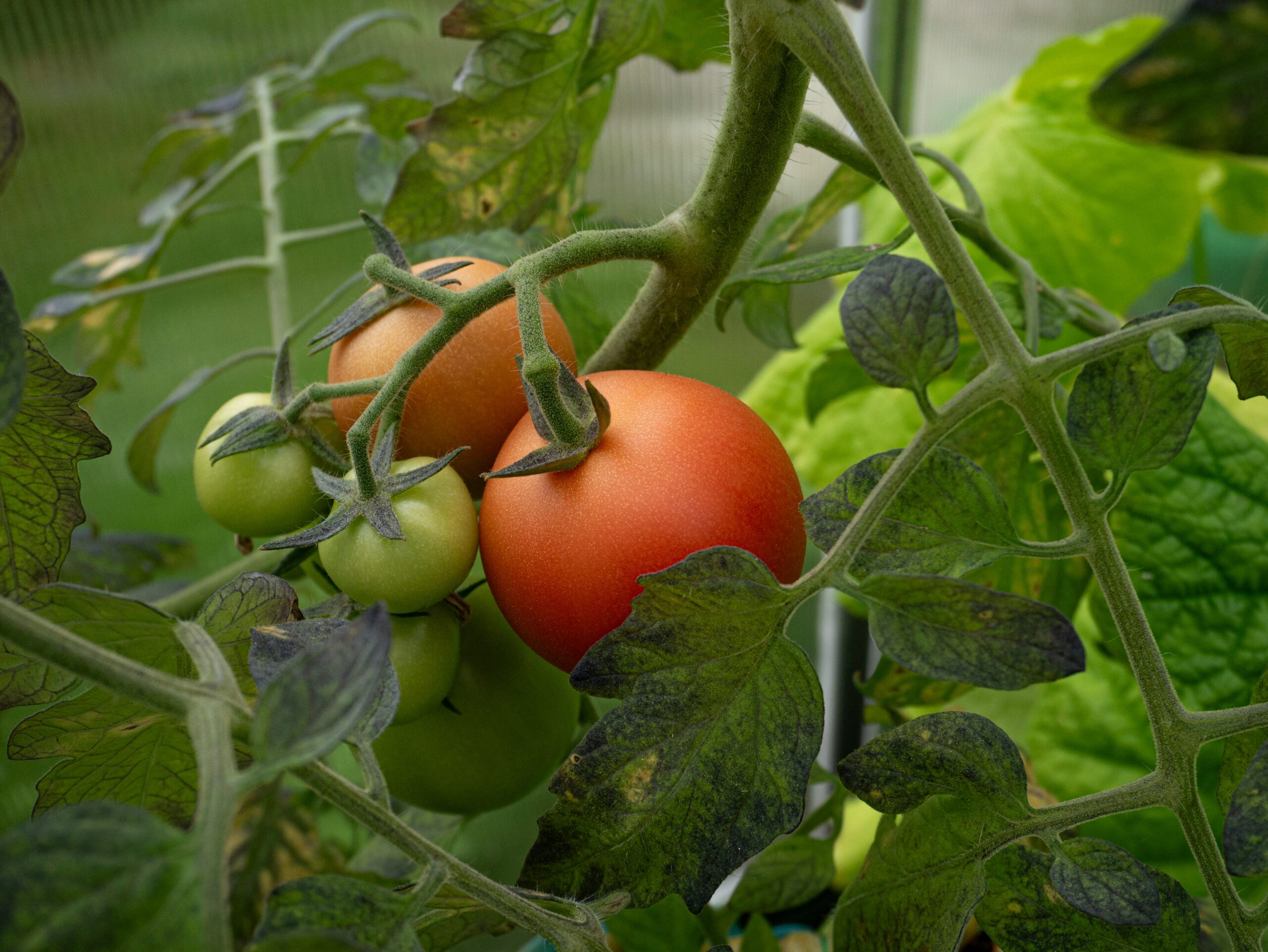Key Takeaways
- Strengthening Biosecurity: The Abu Dhabi Agriculture and Food Safety Authority (ADAFSA) has introduced a programme to enhance early detection of plant diseases and pests, supporting agricultural sustainability and food security.
- Three Pillars Approach: The initiative focuses on training technical staff, implementing disease monitoring systems, and updating regulatory frameworks to align with global best practices.
- Advanced Diagnostic Techniques: Incorporates genetic sequencing, epidemiological surveys, and pathogen isolation methods to improve early detection and response capabilities.
- Research and Data Collection: Establishes a comprehensive database of plant diseases to support rapid-response strategies and resilience against future threats.
- Collaborative Efforts: ADAFSA is working with local and international stakeholders to develop a biosecurity assessment index and implement effective pest and disease control measures.
ADAFSA Introduces Comprehensive Programme to Strengthen Agricultural Biosecurity
The Abu Dhabi Agriculture and Food Safety Authority (ADAFSA) has launched a strategic initiative aimed at improving the early detection of plant diseases and agricultural pests. This programme is part of the emirate’s broader sustainable agricultural development plan and integrates into ADAFSA’s biosecurity framework, which follows a One Health approach—linking human, animal, plant, and environmental health.
The initiative is designed to safeguard crops from harmful diseases and pests that pose risks to agricultural sustainability and food security. By enhancing early detection capabilities, ADAFSA aims to implement proactive measures to prevent outbreaks and minimize economic losses.
Three-Pillar Framework for Disease Prevention and Control
The programme is structured around three key pillars:
Capacity Building and Training
- ADAFSA is investing in intensive training programmes to equip field personnel with skills in plant disease diagnostics and pest detection.
- Training incorporates advanced technologies such as genetic sequencing to identify plant pathogens, including viruses, fungi, bacteria, and phytoplasmas.
- Participants are trained in epidemiological surveys, pathogen isolation, and best practices in prevention, monitoring, and control.
- Field training enhances practical skills in recognizing plant disease symptoms and implementing control strategies.
Disease Monitoring and Response Planning
- ADAFSA is conducting comprehensive field surveys to monitor plant diseases and pests in agricultural areas.
- Emergency response plans are being developed for prioritised pests and diseases, ensuring a structured and efficient approach to outbreaks.
Regulatory Updates and Policy Enhancements
- ADAFSA is reviewing and updating agricultural legislation to align with global standards.
- Strengthened regulations will help address emerging biosecurity challenges and improve sector resilience.
Scientific Research and Data Collection for Long-Term Solutions
A significant component of the programme involves fostering scientific research in plant health. ADAFSA is actively preparing and publishing specialised studies while creating a centralised database documenting plant diseases within the emirate. This database will serve as a valuable resource for tracking disease patterns, improving response strategies, and enhancing the agricultural sector’s resilience against future threats.
ADAFSA Leadership Insights on Biosecurity and Agricultural Sustainability
Asma Abdi Mohamed, Director of the Biosecurity Affairs Division at ADAFSA, emphasized the critical role of biosecurity in protecting agriculture and ensuring food security. “Biosecurity systems are critical to sustaining the agricultural sector and bolstering food security. Biosecurity provides a comprehensive framework to address environmental and health threats to both the plant and animal sectors. It further protects natural resources from pests and epidemics, ensures the safety of agricultural products, and preserves biodiversity.”
She also highlighted the economic importance of early disease detection: “The plant disease and pest diagnostic programme is a cornerstone for protecting the agricultural sector, reducing economic losses caused by outbreaks, and promoting sustainable production by empowering farmers to adopt the best preventive practices. The programme represents a significant step in strengthening local agricultural production and boosting its competitiveness in domestic markets.”



2 Comments